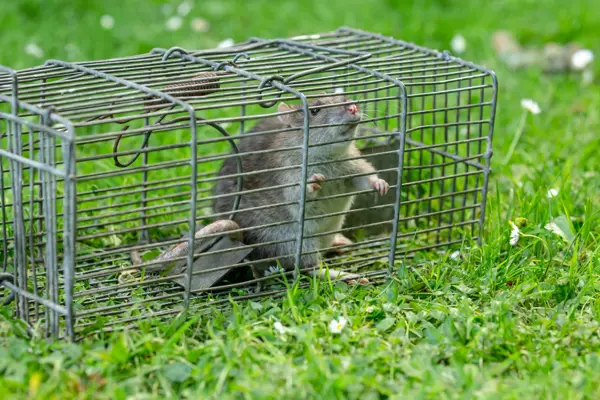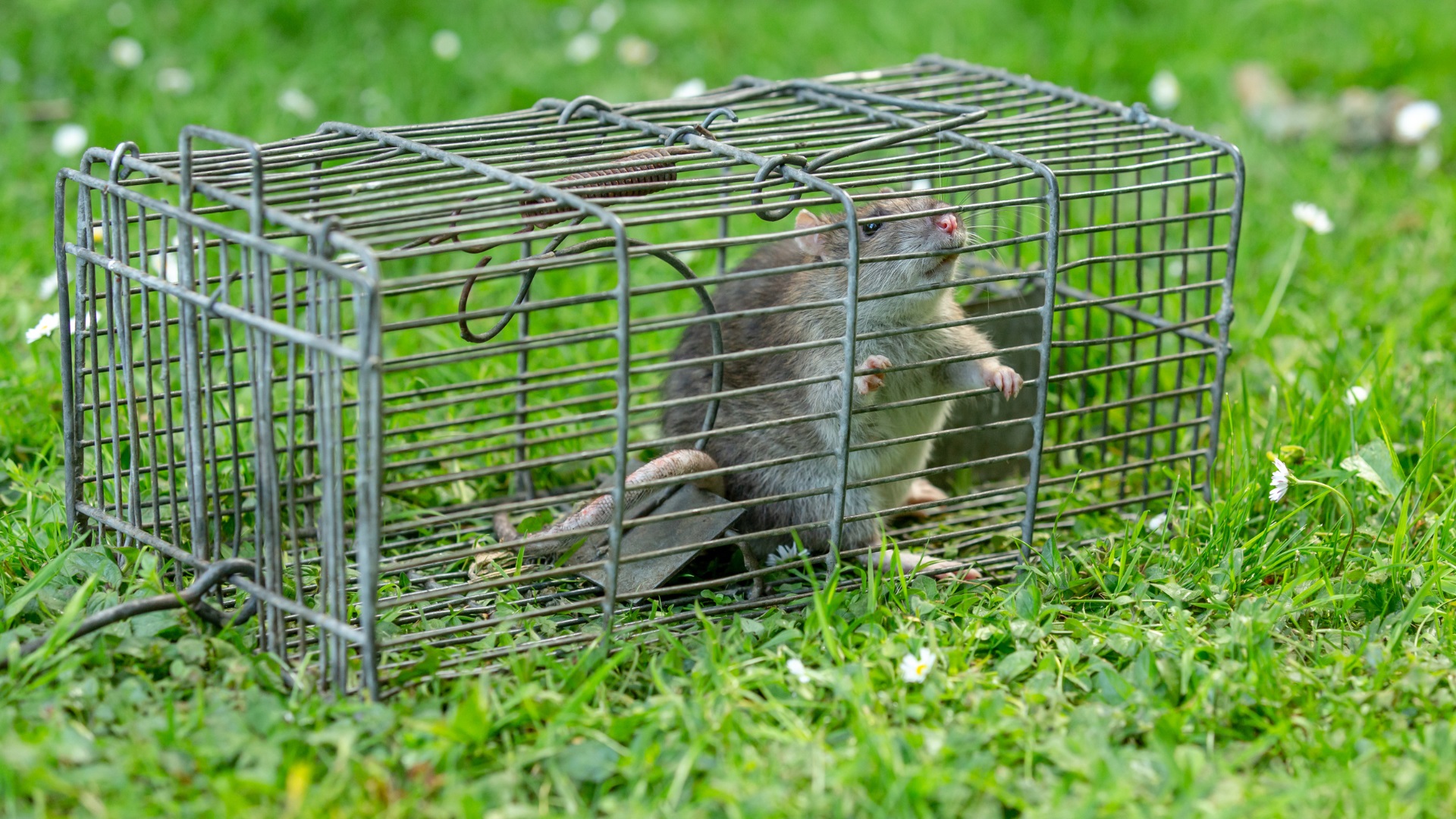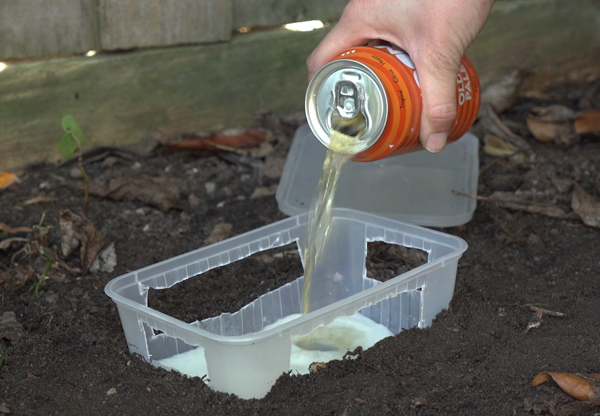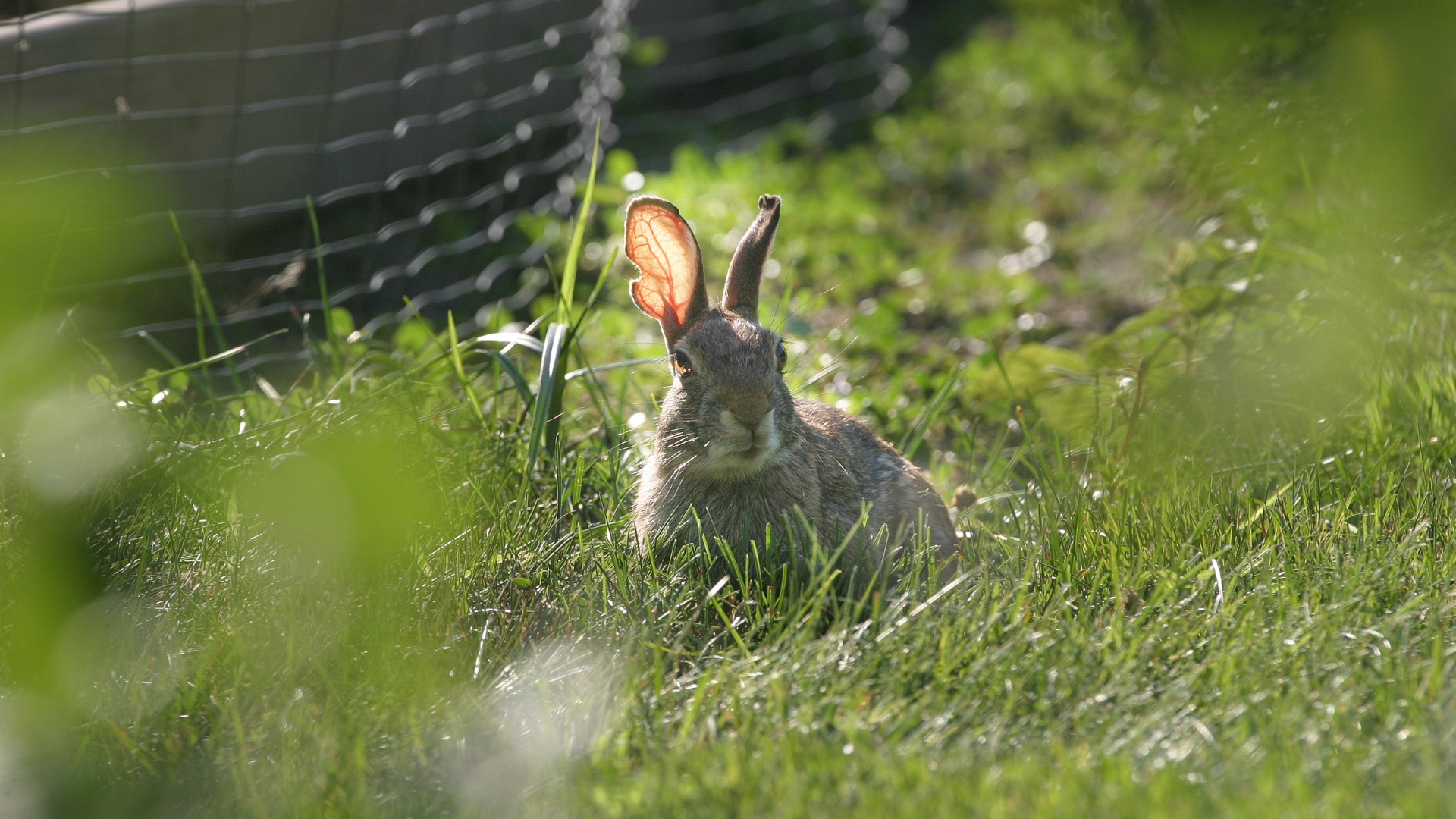
Don't bait your mates!
The problem with baits
Sadly, bandicoots often die from eating baits meant for other species such as rats, mice, rabbits, or snails. The problem doesn’t stop there - beloved pets, as well as an array of local wildlife, regularly fall victim to target poisoning from these baits.
Many common over-the-counter baits take years to break down - these are known as Second Generation Anticoagulant Rodenticides (SGARs). These poisons cause a slow, painful death for their victims, who become vulnerable to predation from larger animals like birds, cats and dogs. When these larger animals eat a poisoned rodent (even long after it has died), they ingest the poison as well. Because of this, the use of SGARs is heavily regulated in many parts of the world, including North America, Europe, and the UK.
Protecting pets and wildlife
The Australian Veterinary Association has urged against using these baits to protect pets and wildlife: according to a recent survey, more than nine in ten Australian vets have treated pets for poisoning from SGARs. Meanwhile, A study by BirdLife Australia found that these rodenticides were present in the livers of 37 out of 38 deceased Powerful Owls!
The good news is, when it comes to controlling pests on your property there are many other effective options to help protect local wildlife and pets.
Safer alternatives to rodent baits
- Make your property less attractive to rodents by:
- Sealing potential access points.
- Storing pet (and human) food away from rodents.
- Removing fallen fruit from trees.
- Keeping your garden waste, yard, and shed tidy.
- Rodent-proofing your compost bin by installing vermin mesh at the base.
- There are a range of snap traps, live traps, and rodent proofing materials on the market that are safer and more humane than baits. Check out this handy list by BirdLife Australia for more information.

Good, better, best
If you decide to use bait as a last resort, keep in mind that some are more harmful to wildlife than others. Even products labelled “wildlife friendly” can be misleading!
Follow these steps to reduce the chance of poisoning non-target animals:
- Choose baits in a block form (not loose pellets or pastes) place within a tamper-proof bait station.
- Elevate at least 50cm off the ground (bandicoots can’t climb!).
- Avoid products with these ingredients (SGARs):
- Brodifacoum
- Bromadiolome
- Difethialone
- Difenacoum
- Flocoumafen
- These ingredients still carry serious risks, but will avoid secondary poisoning:
- Sodium Chloride
- Warfarin
- Diphacinone
- Coumatetrayl.
Safer alternatives to slug and snail baits
Once again, even baits labelled “wildlife friendly” can be misleading. Thankfully, there are heaps of ways to protect your garden from slugs without using baits!
Here's just a few:

1. Beer traps
These are a very simple DIY, or you can purchase a ready-made one from your local hardware store. Slugs are attracted to the yeast in the beer, fall into the container, and drown.
- Check out this video for a tutorial and to see how they fare compared with baits (hint – they’re very effective)!

What about rabbits?
Poisons targeting rabbits such as Pindone (active ingredient: 2-(2,2-Dimethyl-1-oxopropyl)-1H- indene-1,3(2H)-dione) are serious threats to bandicoots. These poisons are delivered on palatable foods like oats and carrots and laid on top of the ground, and are therefore easily taken by bandicoots, as well as other non-target animals. Instead the following methods are recommended:
- Exclusion fencing (dug into the ground)
- Trapping
- Shooting
- Biological controls
- Fumigation and/or destruction of warrens
(N.B. Southern Brown Bandicoots are known to occasionally occupy rabbit warrens, so this option still carries a small risk. However, the likelihood of harming a bandicoot is still much lower than that of deploying poisons.)
Regulations may vary across different local government areas. Be sure to check with your council and their recommended rabbit control measures.

